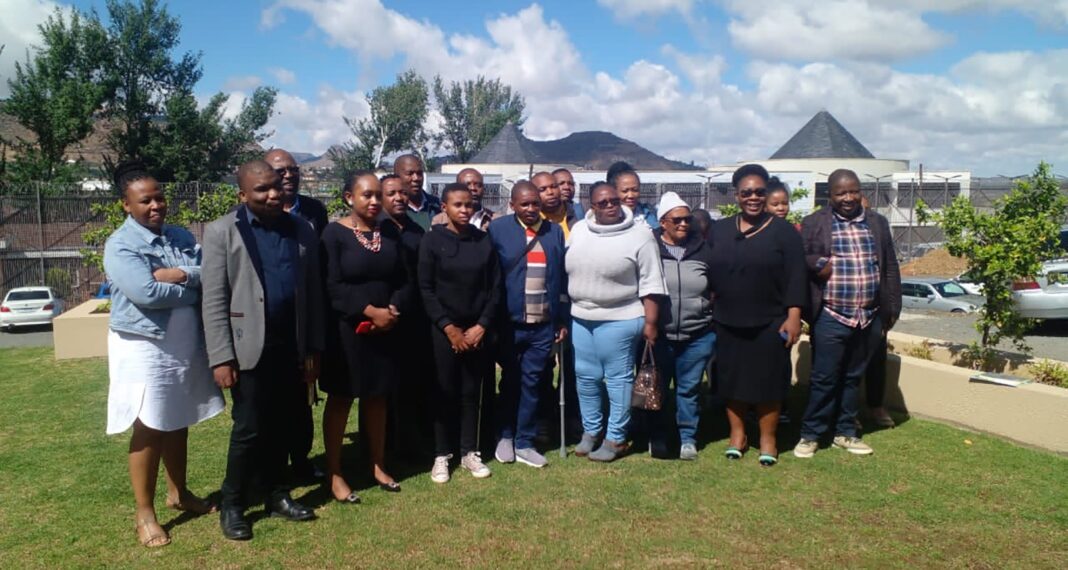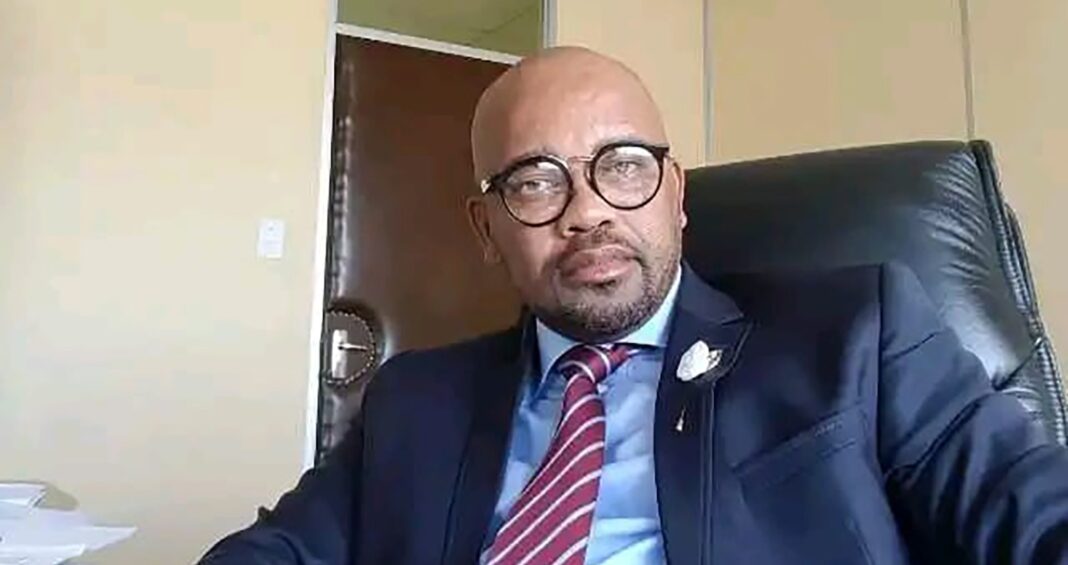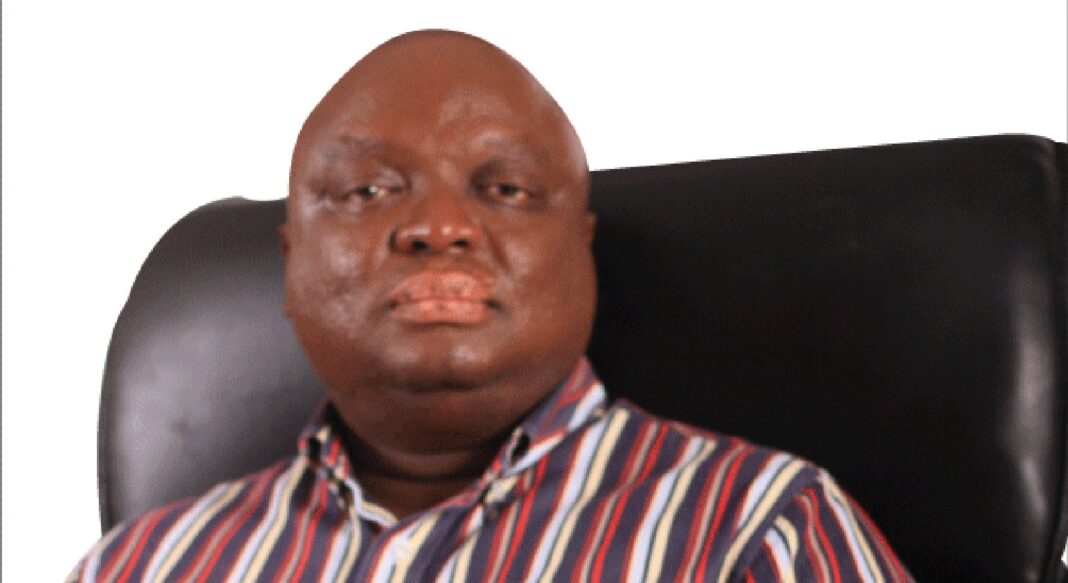‘Mantšali Phakoana
The Lesotho Federation of Organisations of the Disabled (LNFOD) and the ministry of education and training held a meeting on Friday to present and analyse progress made by the government in fast-tracking implementation of the Lesotho Inclusive Education Policy, 2018.
The policy aims to ensure that all learners with disabilities in Lesotho participate in the school system, that prepares them to function and live independently in the society and contribute positively in both and social and economic development.
The meeting comes after the recent study by the International Commission of Jurists (ICJ) revealed that the quality of education received by children with disabilities at both inclusive and special schools falls below the standards required by the international law and Lesotho domestic laws.
The study also reports that there are approximately 4000 schools in Lesotho, and less than 20 of them are inclusive or special schools, which means that a significant number of non-inclusive regular schools in the country.
LNFOD also holds the same view that minimal information on the implementation of the policy exists This is mainly owing to the absence of an implementation plan for the inclusive education policy to date.
The executive director of LNFOD, Nkhasi Sefuthi said as much as the disability sector appreciates the little efforts made by the government, there was a need to change the use of the special education unit to inclusive education department in accordance with the adopted Inclusive Education Policy, 2018.
He pointed out that one of the reasons significantly hindering the execution of special education unit is understaffed with not more than 12 officers serving the entire country.
Sefuthi further urged the ministry to earmark a budget specifically for the strengthening of the specific education unit structure and the carrying out of the mandate, including implementation through awareness raising and the oversight mandate.
“We have to elevate the inclusive education policy. That would be transformation.
“If we fail to do so as a country, that means most of the children will grow up without jobs, and become recipients of social grants. I don’t think that is what we want,” Sefuthi cautioned.
The principal secretary in the ministry of education, Ratšiu Majara disagreed with LNFOD on the gaps or concerns raised during the meeting.
He said there were substantial efforts made by the ministry in ensuring that all children including those with disability had equal access to education.
Majara indicated that as of now, the government has implemented ramps and toilets in schools, that are accommodating to all learners.









